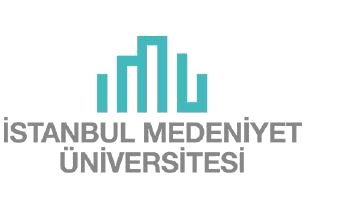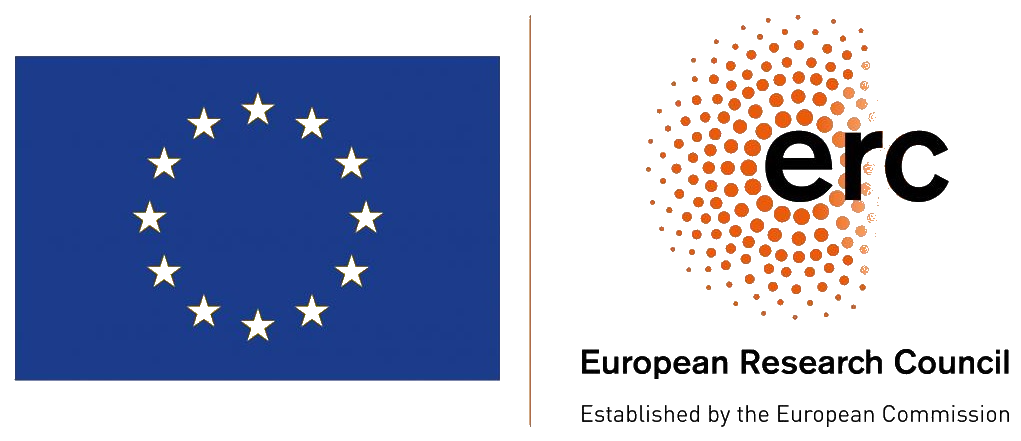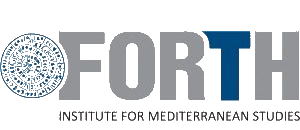Institutions
HOST INSTITUTION

The Institute for Mediterranean Studies (IMS) – based in Rethymno, Crete – was founded in 1985 and is one of the seven Institutes of the Foundation for Research and Technology Hellas (FORTH), a leading research institution in Greece. IMS’s research fields include the humanities, social sciences, and the application of science and technology on cultural heritage and the environment. The Institute has been distinguished for the historical research it has produced in the fields of economic, social, Ottoman, and maritime history, and has received four out of the five first ERC grants (2016, 2017, 2018, 2019) ever to be given in the field of humanities in Greece. Its Program of Ottoman Studies is a highly-acclaimed nucleus of Greek Ottomanists, established in 1987, with international visibility and esteem; its prestigious ‘Halcyon Days’ symposia have been a point of reference for the field since 1991, and in 2012 it was invited, together with the University of Crete, to organize the 20th CIEPO international conference. In addition, the Institute has the largest library specializing in Ottoman studies in Greece, which holds an important collection of books and periodicals. It is home to the only “El Greco” Art History Center in the Mediterranean and contains the single wealthiest archive pertaining to the modern Greek theater. It has received a number of international distinctions in the field of the application of new technologies in archaeological research with the methods of geophysical research and geoinformatics and is home to a number of specialized collections of books, and archival material.
The Institute’s research programs focus on the history and culture of Greece and other countries of the Mediterranean and the Black Sea in various historical periods, from prehistory to modern times. To date, its research focuses on three research fields: (a) Mediterranean History, (b) Mediterranean culture, (c) Geoinformatics technology for Culture and Environment, and is undertaken by ten teams of researchers based in the Institution’s research sections, centers, and labs.
The research programs of the Institute are carried out by its permanent researchers and collaborating faculty members. In the framework of these research programs PhD Theses and other diplomas are supported, prepared, and submitted to the higher educational institutions with which IMS collaborates and, particularly, the University of Crete, the Technical University of Crete and the Technological Educational Institute of Crete. IMS supports education at post-graduate and post-doctoral level with a considerable number of annual scholarships, thus managing to attract a steady flow of young researchers and to promote research in the field of humanities at the periphery.
The Institute maintains close academic relationships with various international research foundations in Cyprus, Turkey, Bulgaria, Italy, France, Spain, England, Belgium, Tunesia, Egypt, China, USA, a.o.
IMS is administered by a director and five members who form the academic council. It is housed in two separate buildings in the old town of Rethymno, owned by the Institute. The main structure of the first building dates back to the Venetian period of Crete (13th – 17th century).
BENEFICIARY INSTITUTIONS

IZMİR KATİP ÇELEBİ UNIVERSITY
Founded in 2010 as the fourth state university around Izmir, İKÇÜ was named after the 17th-century Ottoman scientist Kâtip Çelebi. Working together with the Scientific and Technological Research Council of Turkey and Ministry of Industry and Technology, İKÇÜ develops egalitarian and innovative approaches in higher education as it encompasses 13 faculties and 3 graduate schools offering rich research opportunities.

ISTANBUL MEDENİYET UNIVERSITY
İstanbul Medeniyet University is a new public university founded in 2010 in Istanbul. The university consists of 10 faculties, 2 schools and 1 institute, as well as 14 research centers, 5 offices, and 8 coordination offices. Istanbul Medeniyet University is a holder of Erasmus + Charter and also offers student and faculty exchange through international Mevlana and domestic Farabi programs. In addition, it has signed international collaboration agreements with numerous universities around the globe




